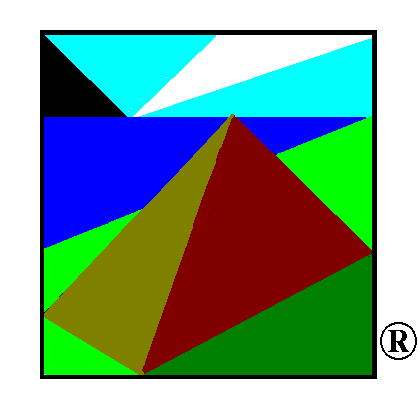|
ACCOUNTING INSIGHT 2nd Edition by Edwin Olima FCCA ISBN 0-9543820-1-3
|
|
|





|
|

Businesses have to spend money to enable them carry out their activities. Many businesses will receive invoices from their suppliers detailing what has been purchased and also its value. In this chapter you will create a list of such invoices (purchase invoices ) from your Work Pack:
Step 1. Arrange your purchase invoices in the order of the date of invoice starting with the earliest first (Work Pack, page 31 ). Once again, this has been done for you in the work pack. When using accounting software in practice this step would not be necessary.
Step 2. List and analyze the purchase invoices as shown in the example below. Use the analysis paper provided for purchase invoices (Work Pack, page 45 to 49 ).
Ensure that you analyze out the net value of the invoice under its respective expense type as per the example below. Where the purchase invoice does not show any VAT or a VAT number, then the net amount is equal to the gross amount.
Mark each invoice with an “E” after you have entered it on your analysis paper . This avoids double counting .
Purchase Invoice Analysis Example
DETAILS OF PURCHASE INVOICES | PURCHASE INVOICE ANALYSIS | AMOUNTS PAID AND OUTSTANDING | ||||||||
Date | Inv. No | Supplier | Gross | VAT | Net | Goods | Phone | Ins. | Paid | Outstanding |
25/02/01 | 7895 | Computers | 1175 | 175 | 1000 | 1000 |
|
|
|
|
12/3/01 | 5426 | Call Ltd. | 235 | 35 | 200 |
| 200 |
|
|
|
13/4/01 | 6235 | Insure Ltd | 250 | - | 250 |
|
| 250 |
|
|
Step 3. Once you have listed all your purchase invoices , total the Gross , VAT , Net, and the expense type analysis columns at the bottom of the list.
You have now created a list of the types and values of the purchases for the period.
Note that net purchases represent the value of goods and services that flow into your business. Purchase invoices are also known as bills.
The VAT is the tax payable on the net purchases (purchase VAT). Purchase VAT is usually deducted from the sales VAT that is payable to the government as explained in Chapter 1 above. This purchase VAT can therefore be considered as a flow into the business (see Chapter 7 as well).
The summary also shows you who the business owes money to and what it is owed for and for this reason it is also called a creditors list.
Note that creditors represent cash that will flow out of your business.
Compare your list to the one in the answer section at the back of the book.
[ Contents ] [ Home ] [ Theme ] [ Benefits ] [ For Who? ] [ Author ] [ Buy E-Book ] [ Buy Print Copy ] [ Free Downloads ]









